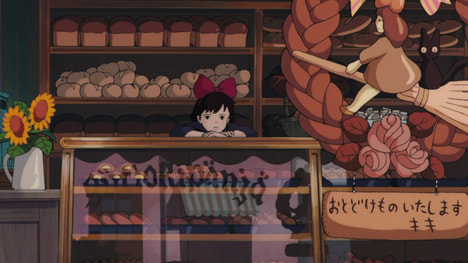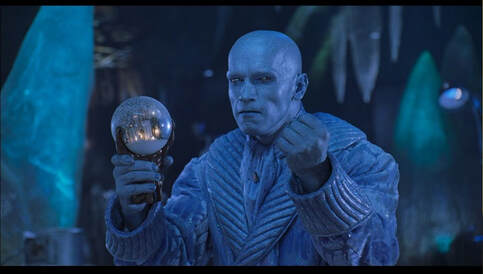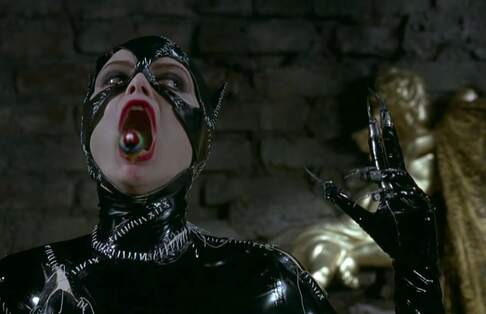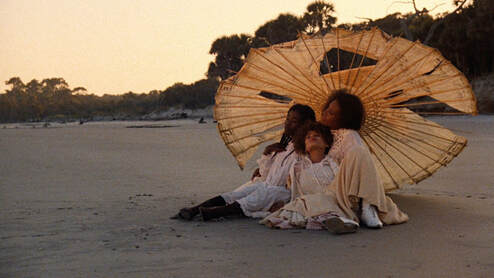A- | Bruce Wayne chases a new chaotic presence in Gotham City while wondering if it's time to hang up the cape. Directed by Christopher Nolan Starring Christian Bale, Heath Ledger, and Aaron Eckhart Review by Jon Kissel |




 RSS Feed
RSS Feed